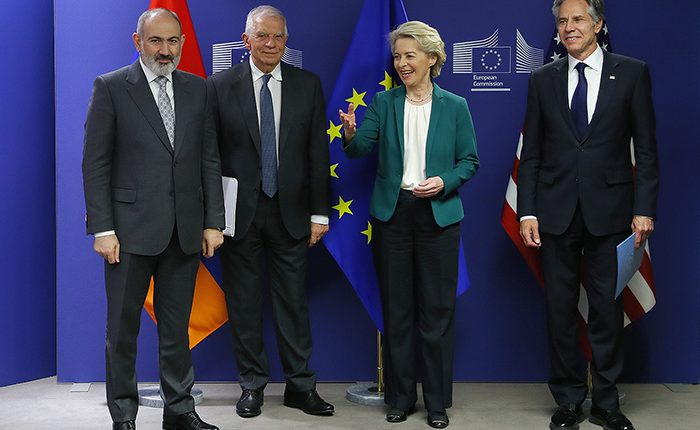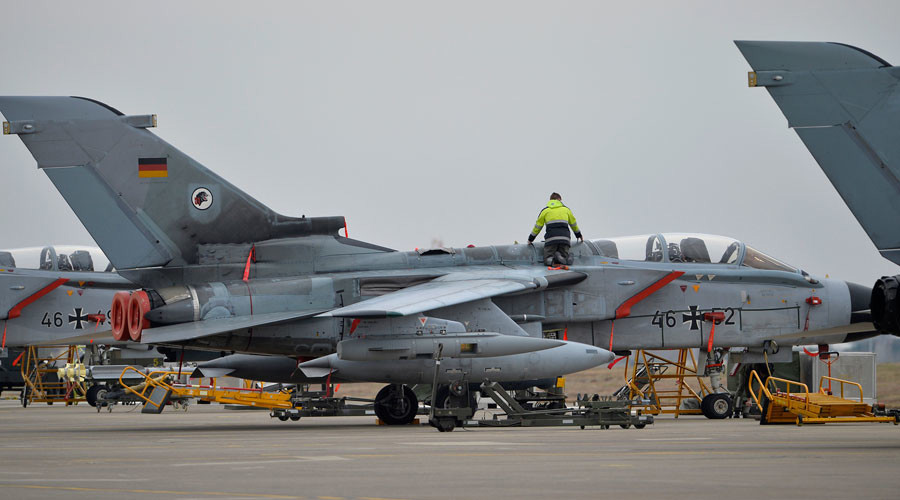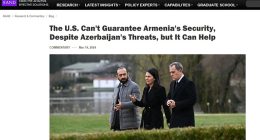By: K. KHODANIAN
Last September, Azerbaijani troops invaded Artsakh, prompting over 100,000 Armenians to flee their homeland. Despite Europe and the United States being unable to prevent this tragedy, they recognized the imperative to assist Armenia and thwart Aliyev’s threats to its sovereign territories. The events in Artsakh marked a turning point, enhancing relations between Armenia and the West. In October, during the European Countries Summit in Granda, a five-way meeting was scheduled, including the President of Azerbaijan, who ultimately declined to participate in the peace talks. Aliyev’s absence underscored to Europe that Azerbaijan couldn’t be relied upon for regional peace, strengthening their resolve to support Armenia.
This move prompted leaders of France, Germany, and the Council of Europe, in the presence of Armenia’s Prime Minister, to affirm their “unwavering support for Armenia’s independence, territorial integrity, and border security”. They also pledged to bolster EU-Armenia relations.
Following this, Europe took tangible steps. European Commission President Ursula Von Der Leyen announced that in the future a joint EU-US meeting will be held to support Armenia. The gathering took place in Brussels on April 5th. Besides the European Commission President, US Secretary of State Anthony BLinkin, the High Representative of the European Union for Foreign Affairs and Security Policy Josep Borrell, and Prime Minister of Armenia Nigol Pashiyian were present. The attendees reiterated their commitment to support Armenia, focusing on enhancing its “socio-economic resilience”, in other words, to reduce reliance on the Russian economy.
This discussion became pertinent as the issue of Armenia’s potential EU membership, including entry into the European Single Market, was recently raised. However, this transition necessitates eventually leaving the Eurasian Economic Union led by Russia, currently a key pillar of Armenia’s economic growth. Armenia must fortify itself against ensuing challenges before making this move.
Armenia is now fortifying itself militarily, economically, and politically to counter potential threats from various capitals. Baku, Ankara, and Moscow immediately sounded alarm regarding the Brussels meeting in which they had no involvement. Azerbaijan fears that Armenia is garnering multilateral support from more influential international actors, while Turkey seeks to unconditionally support its “younger brother”. Moscow’s displeasure stems from Yerevan’s pursuit of an independent foreign policy. Nowadays, the interests of these three countries seem to align together, against Armenia’s national interests.
The high-level meeting in Brussels conveyed not just an economic message but a political one: the era of maintaining equal distance between Armenia and Azerbaijan is over. On one side stands democratic Armenia, striving for peace and European integration, while on the other lies dictatorial Azerbaijan, a main driver of regional instability. In light of this, the Armenia-Europe-United States meeting stands as a victory for Yerevan, underscoring the success of its multilateral foreign policy.
MASSIS










